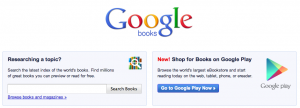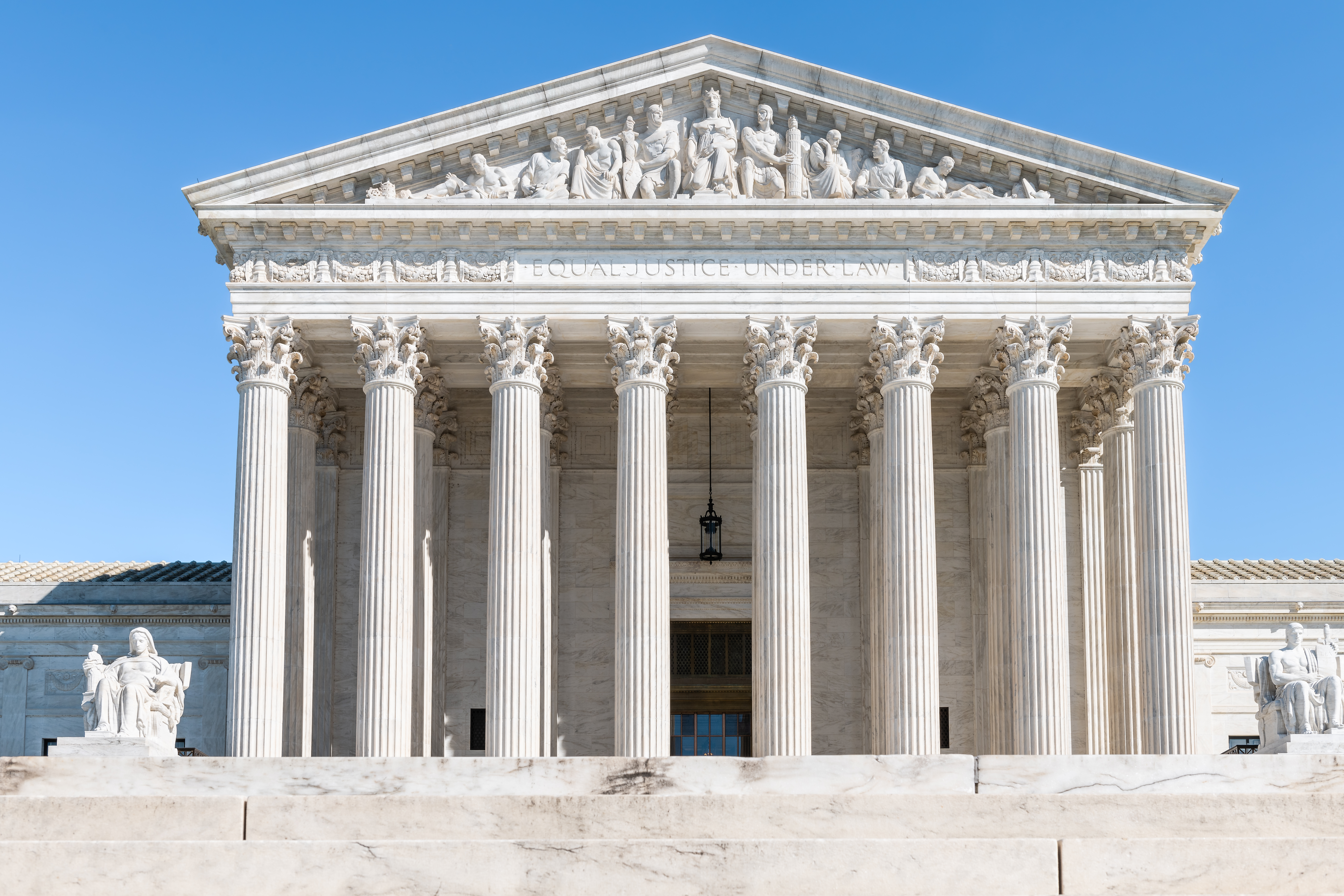Google Books Opinion is a Win for Fair Use and Permissionless Innovation
 Today, the long-awaited Google Books opinion is out. And it’s a winner. The New York district court dismissed the case, writing that “Goggle’s [sic] motion for summary judgment is granted and plaintiffs’ motion for partial summary judgment is denied.” Although the failure of a federal class action in this case caused the potential mammoth settlement to fall apart, the outcome has been a far stronger validation of the copyright fair use doctrine than any settlement could be.
Today, the long-awaited Google Books opinion is out. And it’s a winner. The New York district court dismissed the case, writing that “Goggle’s [sic] motion for summary judgment is granted and plaintiffs’ motion for partial summary judgment is denied.” Although the failure of a federal class action in this case caused the potential mammoth settlement to fall apart, the outcome has been a far stronger validation of the copyright fair use doctrine than any settlement could be.
Jeff Roberts at GigaOM has a helpful post with more background on the case’s eight-year history, and a link to the opinion.
The opinion would be remarkable if written by anyone, but it is particularly noteworthy that it was by Judge Chin, who you may remember as the judge who (having been elevated to the appeals court) dissented from the Second Circuit’s denial of broadcasters’ petition for en banc rehearing of Aereo, saying “Aereo’s reliance on Cablevision is misplaced because, in my view, Cablevision was wrongly decided.” (Judge Chin had also dissented from Cablevision.)
There was much discussion in the opinion of the public benefits of Google’s undertaking. These include the fact that Google Books “provides a new and efficient way for readers and researchers to find books” and “has become an essential research tool,” promotes data mining research, “expands access to books” to “traditionally underserved populations” such as the print-disabled and “remote and underfunded libraries,” that it “helps to preserve books and give them new life,” and also “by helping readers and researchers identify books, Google Books benefits authors and publishers” and thus “Google Books will generate new audiences and create new sources of income.” The court concluded at the end of its fair use analysis:
In my view, Google Books provides significant public benefits. It advances the progress of the arts and sciences, while maintaining respectful consideration for the rights of authors and other creative individuals, and without adversely impacting the rights of copyright holders. It has become an invaluable research tool that permits students, teachers, librarians, and others to more efficiently identify and locate books. It has given scholars the ability, for the first time, to conduct full-text searches of tens of millions of books. It preserves books, in particular out-of-print and old books that have been forgotten in the bowels of libraries, and it gives them new life. It facilitates access to books for print-disabled and remote or underserved populations. It generates new audiences and creates new sources of income for authors and publishers. Indeed, all society benefits.
In explaining the reasons that Google’s use was “highly transformative,” the court makes many points that will be useful to future fair use jurisprudence and arguments of transformativeness, including that the “use of book text to facilitate search through the display of snippets is transformative,” that “it has transformed book text into data for purposes of substantive research, including data mining and text mining in new areas, thereby opening up new fields of research,” and that it “does not supersede or supplant books because it is not a tool to be used to read books.”
The court appears to have been influenced by amici curiae American Library Association, Association of College and Research Libraries, Association of Research Libraries, Electronic Frontier Foundation, and Digital Humanities and Law Scholars: user groups that depend greatly on Google Books.
One key takeaway from this case is validating that companies can invest resources into creating tools that benefit the public without seeking permission from gatekeepers, if their efforts are transformative, which can involve copying and digitizing entire works.








